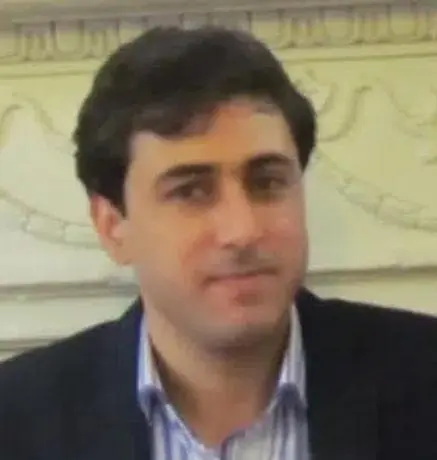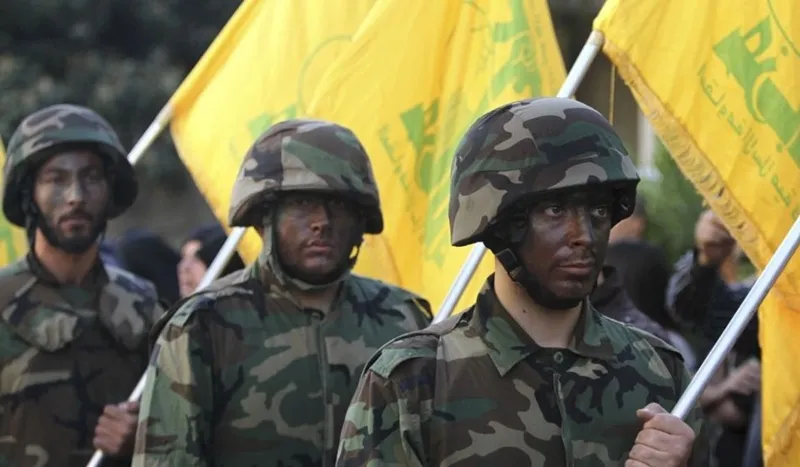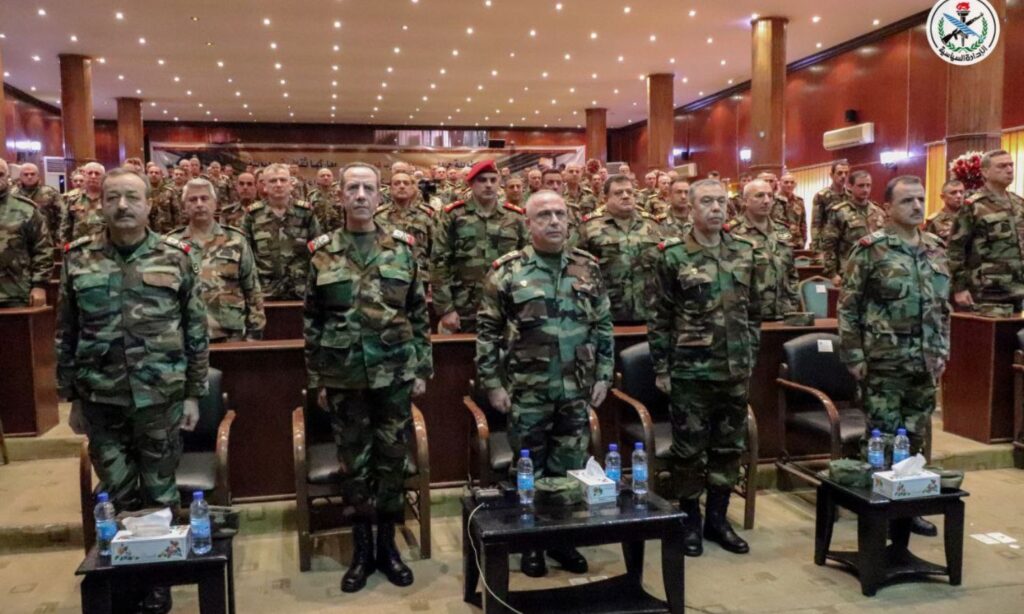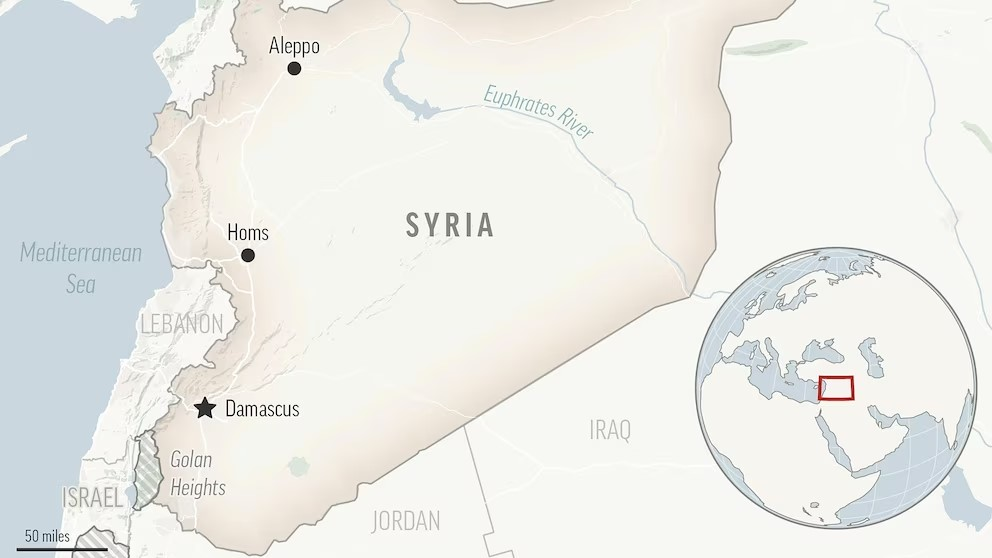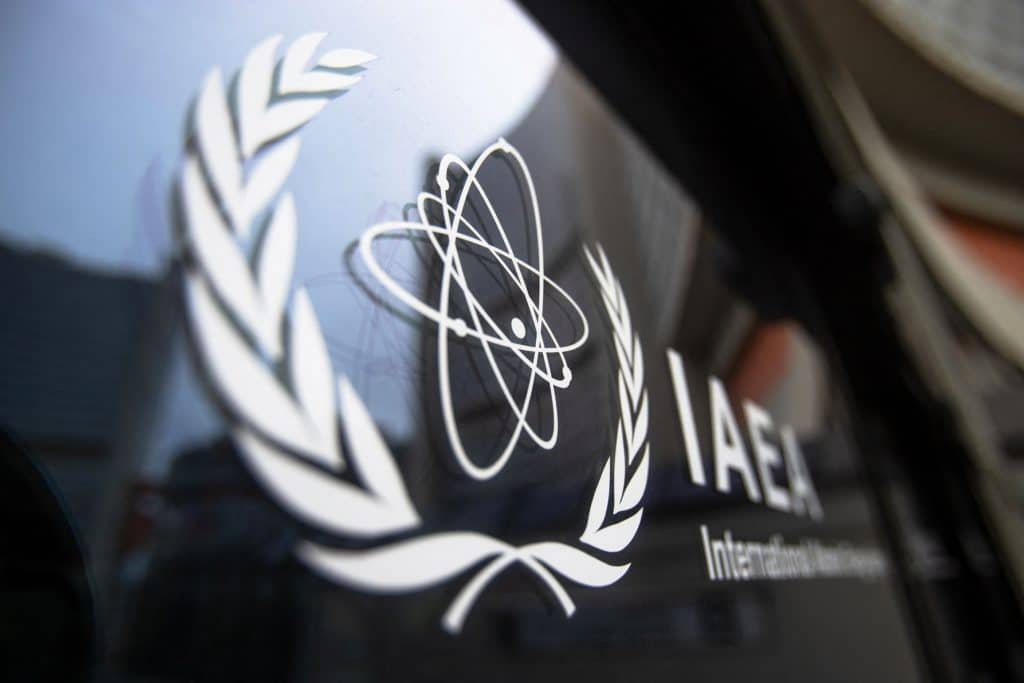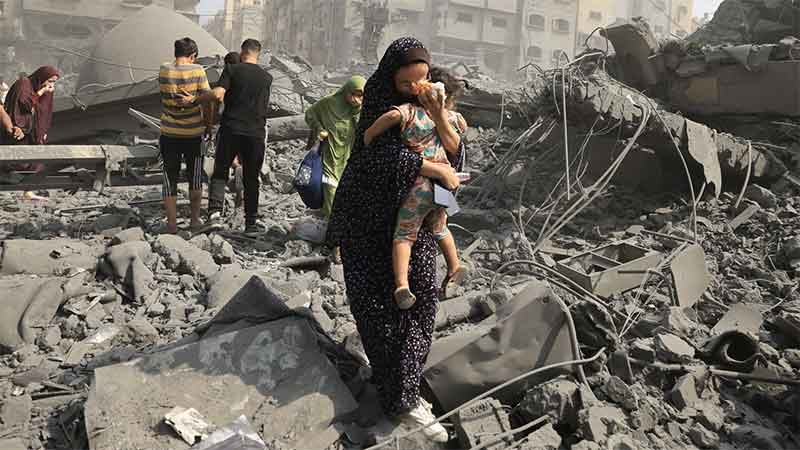Ansar Allah Movement Blames U.S. And Britain For Damage To Undersea Cables In Red Sea; Lebanese Daily: Ansar Allah To Expand Operations To Mediterranean Sea
On March 2, 2024, in a joint statement, both the Houthi Ministry of Transportation and the Houthi Maritime Affairs Authority accused the U.S. and Britian of damaging undersea cables in the Red Sea as part of the war they say the two countries are waging against Yemen. At the same time, the pro-Hizbullah, Lebanese Al-Akhbar daily claimed that according to “military sources” in Yemen, the Houthis possess “strategic weapons” that they have not yet employed, and that in the near future they intend to expand their military operations to beyond the Gulf of Aden and attack Israeli ships in the Mediterranean Sea as well.

